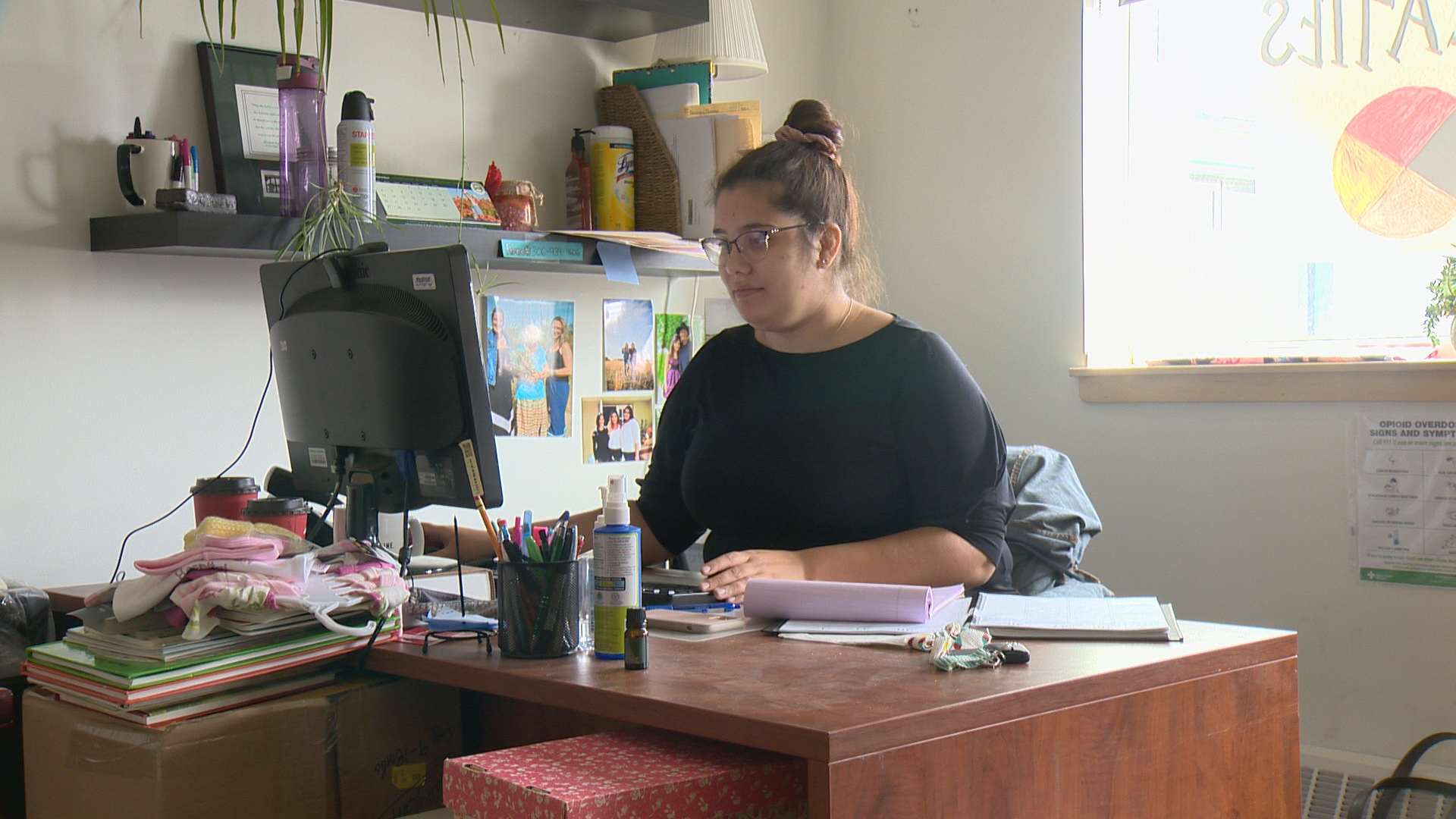Ensuring incarcerated people are well-informed during election campaigns has always been a challenge. After all, there’s no door knocking or lawn signs in prison.

Throw a pandemic into the mix, though, and accessing key information gets even harder.
Prisoners’ rights advocates in Saskatchewan say the COVID-19 pandemic has changed the way they assist clients with the democratic process.
“(We’re) still trying to get that information out there, but in a less direct way,” said Sydney Wouters, a social worker with the Elizabeth Fry Society (EFS) of Saskatchewan.
Normally, EFS staff meet with inmates in person, helping them with voting paperwork and sharing highlights from the campaign trail.
“With us not being able to go into the institutions, we had to do everything over the phone and by mail,” Wouters said.
How does voting behind bars work?
While incarcerated people lose some freedoms, they don’t lose the right to vote.
People in custody can vote by mail-in ballot — a process Wouters said she’d normally help people with in-person, as the language on the application form is complicated.
Elections Saskatchewan explained the voting process in posters sent to prisons, noting inmates should speak with their liaison officers for more details.

Get daily National news
“They have to be informed that voting is happening and (that there are) deadlines,” Wouters said.
The application deadline for mail-in voting was Oct. 15. People arrested after the deadline will likely be held in remand centres, where polling booths will be available.
Inmates vote in the riding where they lived before they were taken into custody. People who were homeless can list the address of where they usually ate or slept, according to Elections Saskatchewan.
How do incarcerated voters get informed?
Making an informed decision can be challenging for incarcerated people, said Shawn Fraser, John Howard Society (JHS) of Saskatchewan CEO.
“Even on the outside, that can be a challenge for people — to make sure they’re getting real information and enough information to make an informed decision,” Fraser told Global News in an interview.
“Ultimately, there are extra barriers for people who are incarcerated who want to vote.”
One of those barriers is geography, he said.
While inmates have access to TV news, there’s no guarantee the reports will focus on candidates from their riding.
Some voters get help from organizations like JHS, which can share detailed information about specific candidates and campaign issues, Fraser said.
What issues are top of mind?
The incarcerated voting block is sizeable, though Elections Saskatchewan does not track voter turnout. Roughly 1,861 people were in custody on an average day in 2017/18, according to Statistics Canada.
Many of those people would like to hear politicians commit more funding to poverty, addictions and mental illness resources, Wouters said.
“Lots of the rules that the jails or that the government makes affect our marginalized people, so they need to have a say in what’s happening in their lives,” she said.
Other voters are focused on anything from taxes to potholes to pandemic response, Fraser said.
“People who are in the provincial system will be out in the near future and were out recently,” he said.
“The issues that affect people in prison are issues that affect all of us.”





Comments